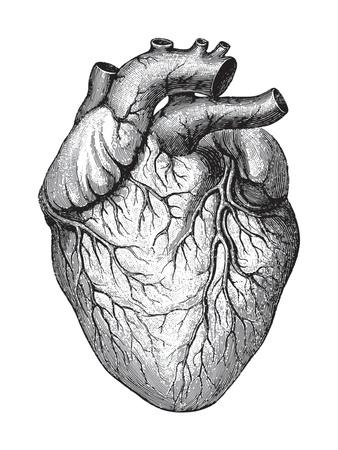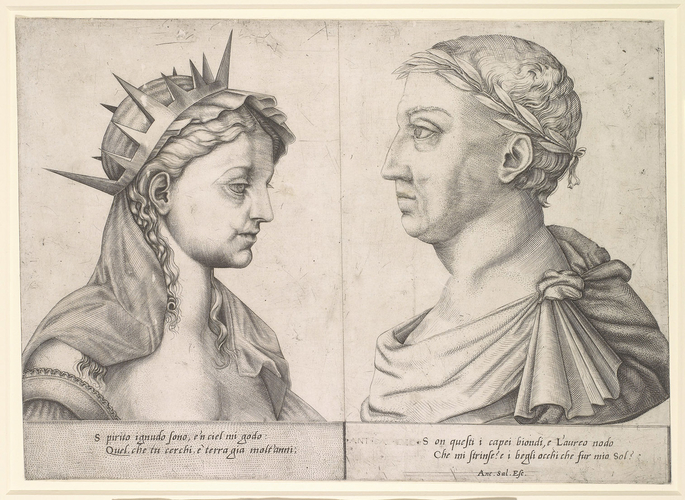
In “The Decameron”, Giovanni Boccaccio writes many tales related to topics that reflect his views. I noticed that death is a recurring theme. He tells us stories involving murder. Various characters murder each other in gruesome and brutal ways. These murders are motivated by either love or social class.
On Day 4, Story 1, Boccaccio tells the story of Tancredi and Ghismunda, a father and daughter. Tancredi was the prince of Salerno. He marries his daughter Ghismunda off to the Duke of Capua. Unfortunately, the duke later died, leaving Ghismunda without a husband. She returns to her father’s house. When Ghismunda returns she has intentions to find herself a husband. Tancredi has no intentions of remarrying her. Ghismunda falls in love with Guiscardo, her father’s valet, and they secretly see each other. One day Tancredi falls asleep in her room and catches Ghismunda and the valet. That night Tancredi tells the guards to capture Guiscardo. He confronts him about his relations with his daughter. Tancredi couldn’t believe that Ghuismunda would sleep with someone that’s in a lower class. Ghismunda said she doesn’t regret loving Guiscardo. She becomes enraged at her father for being upset that she was with someone of a lower social class. She tells her father that if Guiscardo is punished so should she. He tells his guards to strangle Guiscardo and remove his heart. He sends the heart to Ghismunda in a golden goblet. After seeing the heart Guismunda kills herself by pouring poison into the heart and drinking it. This is one example of the brutal murders shown in “The Decameron”. Tancredi acts as if killing another person is nothing. He orders people to strangle him and take his heart. The taking of the heart gives this murder a gruesome feel. Sending the heart to his daughter made Trancedi seem more violent and heartless. Guiscardo’s life was regarded as less than, so Tancredi murdered him as if he were less than. He had no remorse for taking the life of somebody his daughter loved. This demonstrates Boccaccio’s creativity. He used the taking of the heart as a symbol of the love that the characters have for each other.
On day 4, story 9, Boccacio tells of two knights Guillaume de Roussillon and Guillaume de Cabestanh. These knights were friends. Cabestanh falls in love with Roussillion’s wife. Roussilion finds out and kills Cabestanh. He cuts his heart out. Roussillon orders it to be cooked and served to his wife. He tells her what she ate after she finishes. After she throws herself out the window. This shows a murder motivated by betrayal. Roussillon’s wife and friend fell in love with each other so he punished them together. The nature of the love the wife and Cabestanh had was stranger than staying loyal to the title of friend and wife. Cutting out the heart was a common theme in both stories.
Boccacio uses these stories to show the issues of class and the nature of love. These murders emphasize these topics in extreme ways. It makes the reader pay attention to the reason behind this violence. In these stories, women are represented “as the secondary victims of violence unleashed by sexual love” according to “A Rhetoric of the Decameron” by Marilyn Migiel.
Citations:
Migiel, Marilyn. “Domestic Violence in the Decameron.” A Rhetoric of the Decameron. Toronto: University of Toronto Press, 2016. 147–159. Web.
Boccaccio, Giovanni, 1313-1375. The Decameron. London :New York : Penguin Books, 1995.



